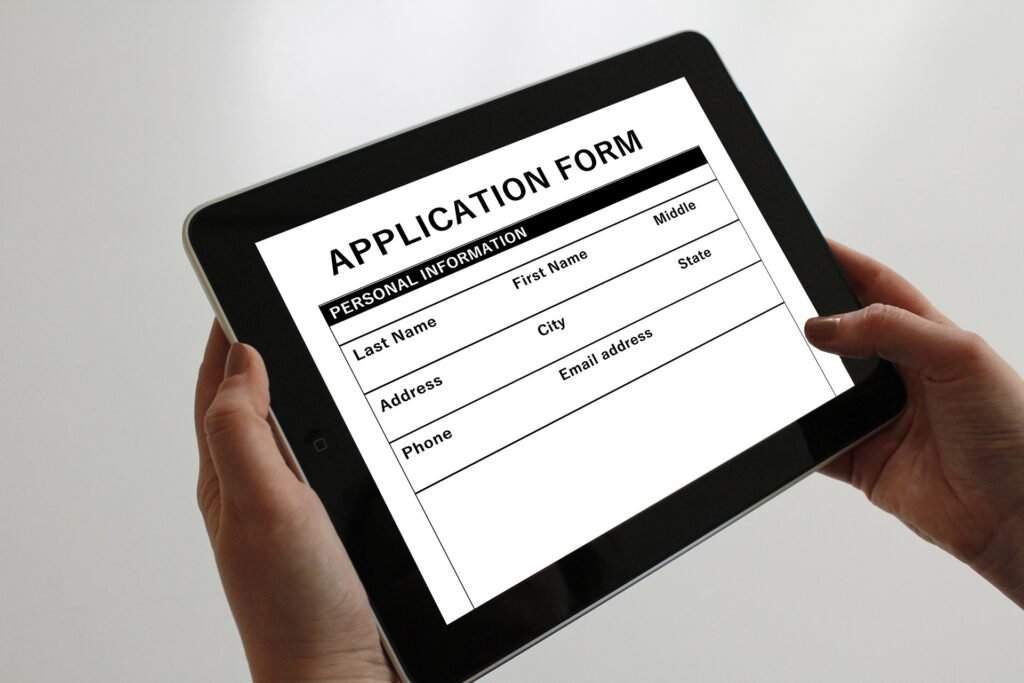What to do if you notice mistakes and errors on your UK visa application
UK visa applications are complex and require utmost attention to detail in preparation. This is why errors and mistakes happen quite frequently, especially when applicants prepare their application without any help from an immigration lawyer.
When after submitting your UK visa application you realise that there was a mistake on your visa application form or in the supporting documents, you may not know what to do and start to panic. You should remain calm and act promptly as there is usually a solution in most situations. You should seek professional legal advice to review your situation and decide what steps to take.

Is it an innocent mistake or deception?
Mistakes on visa applications may be innocent (unintentional) when applicants make an innocent error. However, mistakes may also be deliberate (intentional), when applicants provide incorrect information or omit relevant information or documents from their application. As an example, some applicants may decide not to disclose their previous visa refusals or criminality.
Depending if your error is innocent or deliberate, it should be treated differently by the Home Office. If it was an innocent error, e.g. an unintentional typo or a spelling mistake, this is unlikely to impact on your application. However, applicants should remember that Home Office caseworker is the ultimate decision maker on your application. Therefore what in your view was an innocent mistake, in their view may amount to deception.
There is a distinction between information that is false but Home Office caseworker does not think there was an intention to deceive by the applicant and cases where the caseworker decides there was deception by the applicant. If Home Office can prove that the applicant has used deception, refusal of the application is in general mandatory. In addition, you should remember that when deception occurs in UK visa application, you are likely to get a 10-year ban.
There is no definition of false representations and false information in the Immigration Rules. However, the Supreme Court in 2009 Mahad (Ethiopia) v Entry Clearance Officer [2009] UKSC 16 per Lord Brown at [10] said : “The Rules are not to be construed with all the strictness applicable to the construction of a statute or a statutory instrument but, instead, sensibly according to the natural and ordinary meaning of the words used, recognising that they are statements of the Secretary of State’s administrative policy.”
Innocent mistakes on UK visa applications – what to do after submission
The important question is what you should do when you realise there was an error in your submitted application. It is vital to act promptly in such situation and notify the error to Home Office. If you do not act fast Home Office may decide your application before you correct your mistake.
If your error is significant, e.g. you made wrong calculations of your income for spouse visa application and it turns out your income is below the £18,600 threshold, then you may want to withdraw/cancel your application altogether. Depending on the stage in the visa application process you may or may not get a refund of your application fees.
If your error is minor but significant enough to have an impact on your application, you may want to contact the Home Office to correct it.
Conclusion and recommendations
The main conclusion from the above is that it is crucial to review your UK visa application form and supporting documents very carefully before submitting to the Home Office. This way you minimise the possibility of errors and maximise your chance of a positive outcome.
What may seem like a small mistake may cause your application delay or even your application refusal. Worst case scenario you will not only get a refusal but also when it is classified as deception you are likely to get a 10 year ban.
However, if you realise that there was an error in your submitted visa application you should act promptly and correct it.
Ideally, you should instruct a professional immigration lawyer to assist you with the application or to at least check it for you before it is submitted to Home Office. If not, then you should obtain legal advice promptly as soon as you discover the problem in your application.

